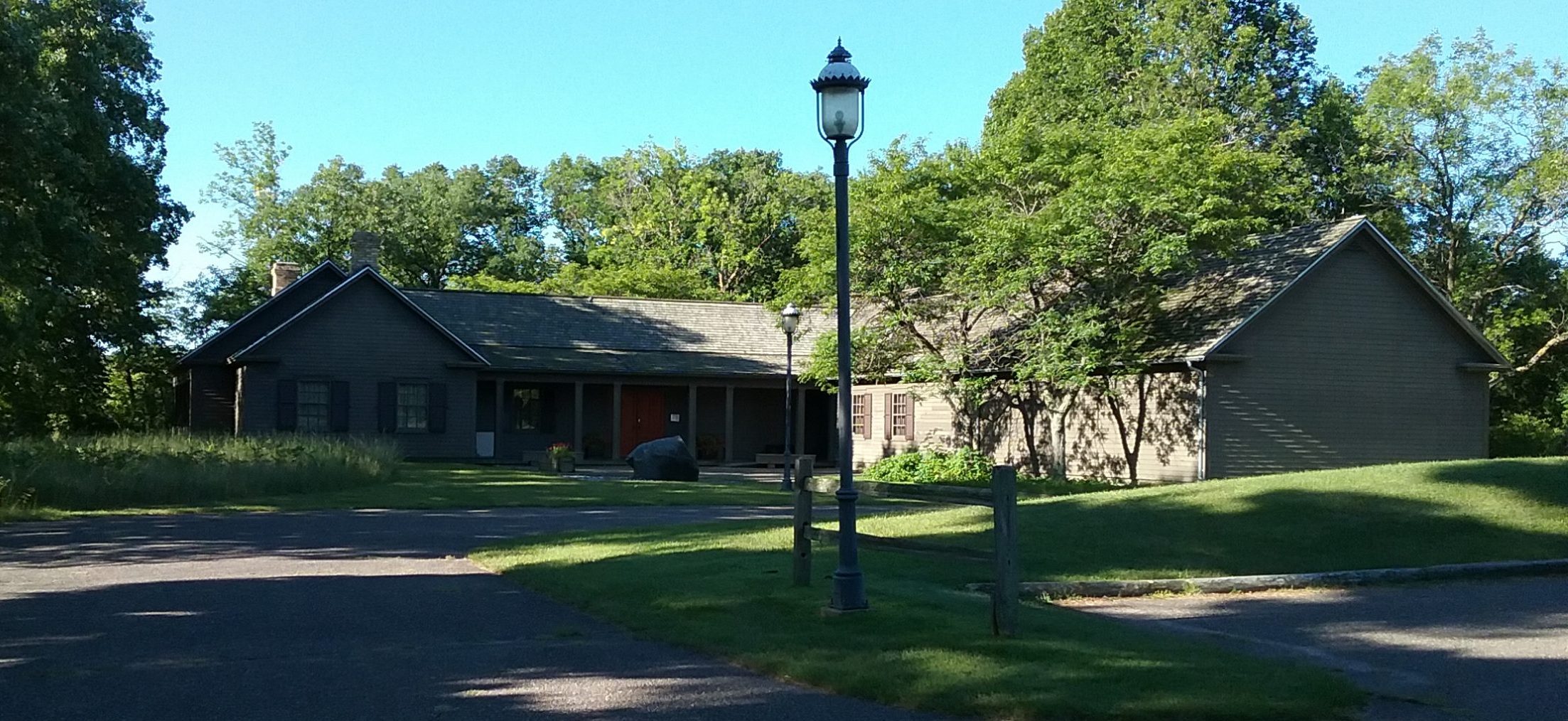Not All of Us Are Little Grey-Haired Ladies!
The stereotype of the museum curator as a little grey-haired lady who volunteers her time to care for “old things” is having a slow, lingering death. I am no longer surprised to find remnants of it lurking around corners or in dark shadows. Like most stereotypes, much of it is no longer true, if it ever was. Curators, like the rest of humanity, come in a variety of shapes, colors and sizes. I, for example, have brown hair and am definitely not little!
The profession of a museum curator is just that; a profession. Being a curator requires a wide range of knowledge and skills. Many museums, both large and small, require advanced degrees for the position, sometimes even Ph.D.s.
After Mary and Jan suggested I write about what it means to be a curator, and I really started thinking about it, I was surprised by how much I have to know. In my few short years at MCHS, I have had to tap into my knowledge of such subjects as anthropology, music, politics, agriculture, foreign languages and even chemistry and physics. Not only do curators need a strong grounding in history, they need a good grasp of everything from arts and literature to science and technology.
Take computers, for example. Before I started working in the field, I had no idea how much I would need to know about technology. The amount of use my computer gets sometimes amazes me. The collections computer is used for everything from membership and researcher information to storing and managing digital images of the collections. The biggest and perhaps most important use has just begun with the PastPerfect computer accessions program. This program will provide an excellent catalog of the collections. Once the data has been entered, searches for information will be quick and easy.
For all the hoopla about computer technology, sometimes the “old ways” work just as well, or even better. When I was typing an address label on the typewriter a few weeks ago, a visitor poked her head in the door. She thought she was hearing a typewriter but couldn’t believe it. Needless to say, she was astonished. “I thought no one used those anymore,” she commented. Well, we do!
Curators provide a valued service to society. In fact, the word “curator” comes from “curare,” which in Latin means “to care for.” The curator profession is exciting and vibrant, requiring people of energy and enthusiam to fill its shoes. Curators are old and young, male and female and have hair color ranging anywhere from white and grey to purple and green. The common thread among curators is a dedication to the profession and a desire to serve society by caring for and preserving history.
by Ann Marie Johnson
Copyright 2002, Morrison County Historical Society
